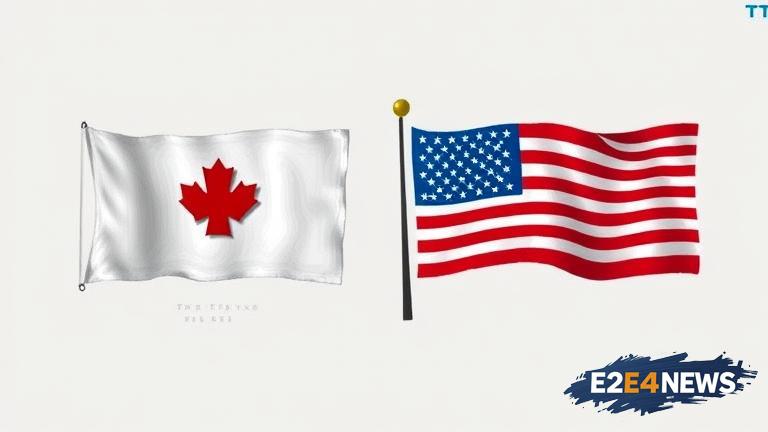The Trinidad and Tobago Chamber of Industry and Commerce has issued a statement urging the government to engage in diplomatic talks with the US administration, led by President Donald Trump, to address the issue of tariffs imposed on certain imports. The Chamber believes that such negotiations could help to mitigate the potential economic losses that Trinidad and Tobago may face as a result of these tariffs. The tariffs, which were introduced by the US as part of its trade policy, have been a subject of concern for many countries, including Trinidad and Tobago, which relies heavily on international trade. The Chamber’s call for action comes at a time when the global trade landscape is becoming increasingly complex, with many countries imposing tariffs and other trade barriers in an effort to protect their domestic industries. The US, in particular, has been at the forefront of this trend, with President Trump having introduced tariffs on a wide range of imports, including steel and aluminum. These tariffs have had a significant impact on many countries, including Trinidad and Tobago, which exports a substantial amount of goods to the US. The Chamber is concerned that if the government does not take proactive steps to address the issue of tariffs, the country’s economy could suffer significantly. The organization believes that a diplomatic approach, which involves engaging with the US administration and other stakeholders, is the best way to resolve the issue. By negotiating with the US, the government may be able to secure exemptions or reductions in tariffs, which could help to minimize the economic impact on Trinidad and Tobago. The Chamber also notes that the country’s economy is heavily reliant on the energy sector, which is also subject to fluctuations in global prices. Therefore, it is essential for the government to diversify the economy and reduce its dependence on any one sector. The organization is urging the government to take a proactive approach to addressing the issue of tariffs and to engage in diplomatic efforts to protect the country’s economic interests. The Chamber believes that this approach will not only help to mitigate the potential losses but also provide an opportunity for the country to strengthen its trade relationships with the US and other countries. Furthermore, the organization notes that the issue of tariffs is not just a national concern but also a regional one, as many countries in the Caribbean are also affected by the US trade policy. The Chamber is calling on the government to work closely with regional partners to address the issue and to develop a coordinated approach to negotiating with the US. In addition to its call for diplomatic action, the Chamber is also urging the government to implement policies that will help to diversify the economy and reduce its dependence on imports. The organization believes that this can be achieved through investments in key sectors such as agriculture, manufacturing, and tourism. By promoting economic diversification, the government can help to reduce the country’s vulnerability to external shocks, including changes in global trade policies. The Chamber is confident that with the right approach, Trinidad and Tobago can navigate the challenges posed by the US tariffs and emerge stronger and more resilient. The organization is committed to working with the government and other stakeholders to achieve this goal and to promote the country’s economic interests. In conclusion, the Trinidad and Tobago Chamber of Industry and Commerce is urging the government to engage in diplomatic talks with the US to address the issue of tariffs and to mitigate the potential economic losses. The organization believes that a proactive approach, which involves negotiating with the US and promoting economic diversification, is the best way to protect the country’s economic interests and to promote sustainable economic growth. The Chamber is confident that with the right policies and strategies, Trinidad and Tobago can overcome the challenges posed by the US tariffs and achieve its economic goals.





